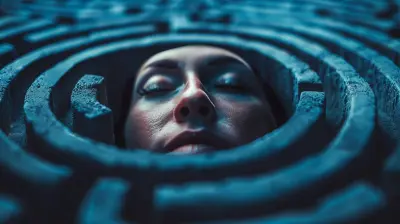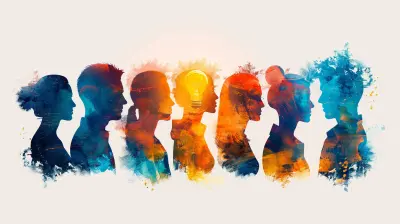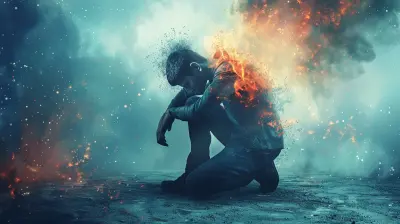The Influence of Evolutionary Theory on Mate Selection
24 June 2025
When it comes to love and attraction, we often think of it as something magical, guided by fate or personal preference. But have you ever wondered why certain traits seem universally attractive? Why do people across cultures tend to prefer specific physical and behavioral characteristics in their partners? The answer lies deep in our evolutionary past.
Evolutionary psychology suggests that mate selection isn't just about love—it's about survival and reproduction. Our ancestors developed preferences that would help them pass on their genes successfully, which still influence how we choose partners today. Let’s dive into how evolutionary theory shapes the way we select our mates and why our instincts sometimes override logic when it comes to love.
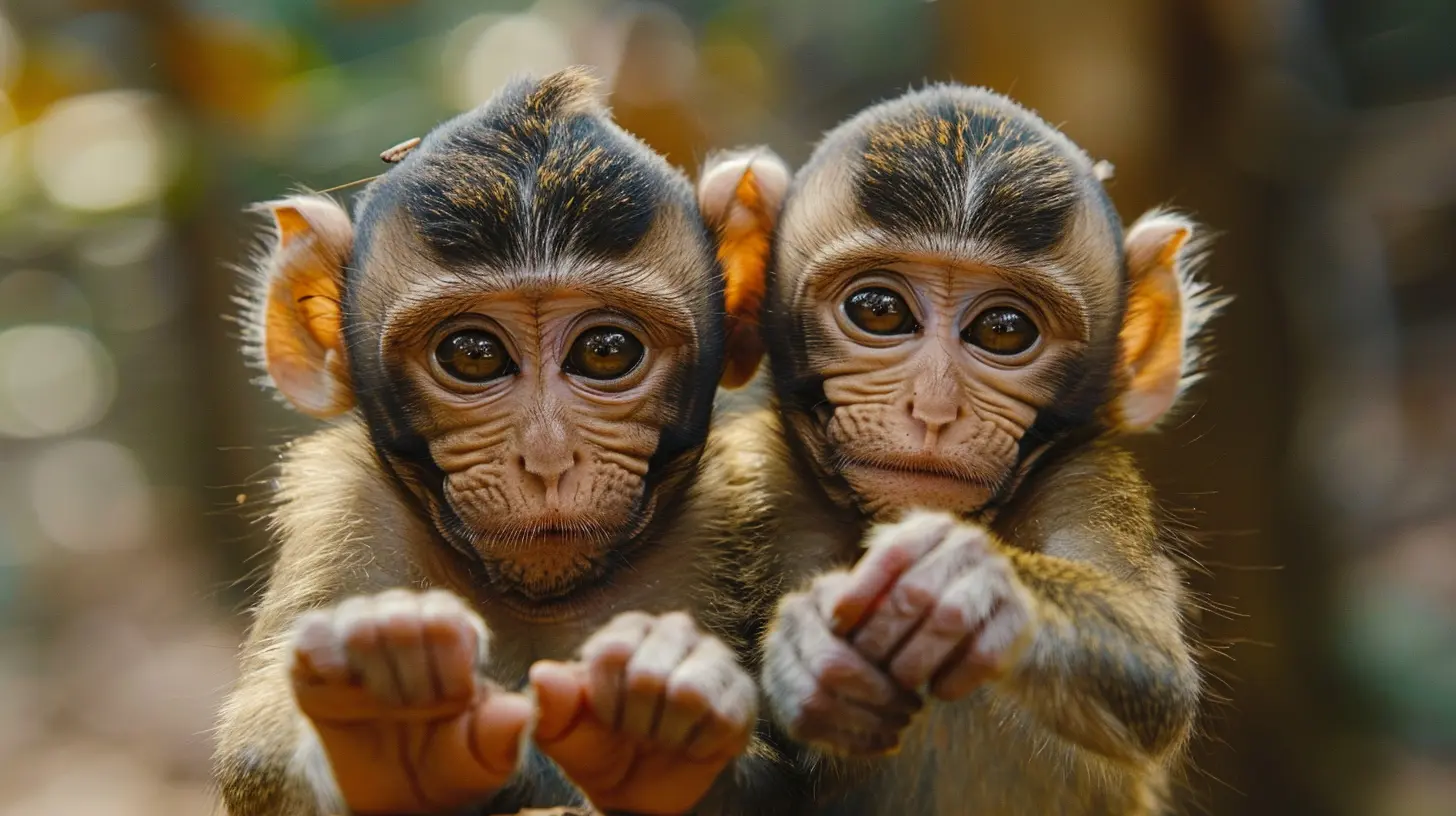
The Role of Evolution in Mate Selection
Evolution has played a major role in shaping human behavior, and nowhere is this more evident than in mate selection. Our ancestors had to make choices that maximized their chances of survival and reproduction. As a result, certain traits became more attractive because they indicated health, fertility, or the ability to provide resources.This biological wiring still exists today, influencing both men's and women’s mating preferences in ways that might not always be obvious. While modern society allows for much more flexibility in relationships, deep down, we are still driven by instincts that have been around for thousands of years.
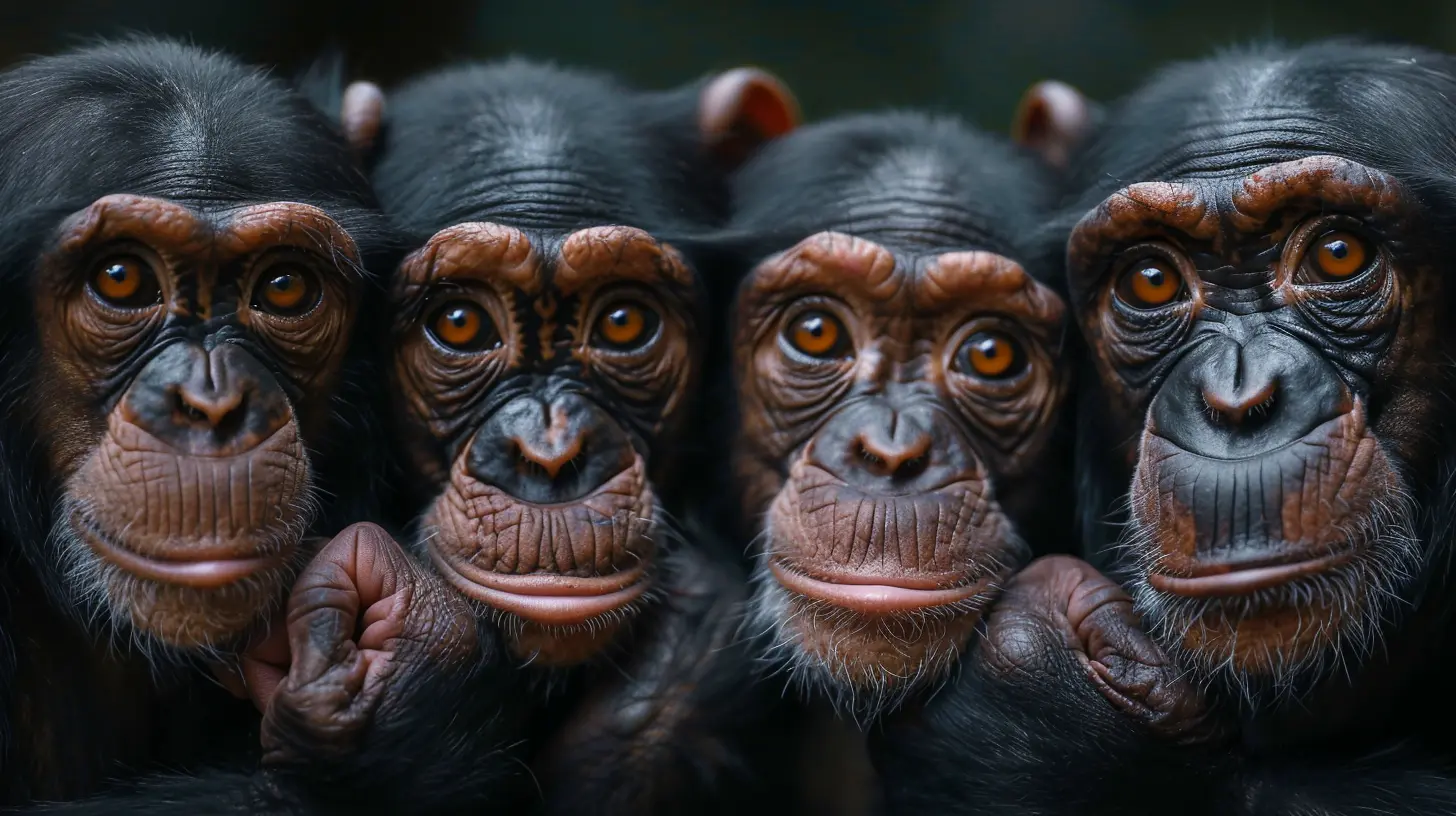
What Men Look for in a Mate (According to Evolution)
Men, from an evolutionary perspective, have been wired to seek out mates who exhibit signs of fertility and reproductive potential. Why? Because historically, their reproductive success depended on choosing partners who were able to bear healthy children.Here are some traits that evolutionary psychologists believe men are naturally drawn to:
1. Youth and Fertility
Younger women generally have higher fertility levels, which is why youthfulness is often considered attractive. This preference explains why men, across cultures, tend to be attracted to women with smooth skin, shiny hair, and high energy levels—all indicators of good health and fertility.2. Facial and Body Symmetry
Symmetry is often associated with genetic health. Studies suggest that people with symmetrical faces are viewed as more attractive because symmetry may indicate strong genes and a lack of developmental abnormalities.3. Waist-to-Hip Ratio (WHR)
A waist-to-hip ratio of around 0.7 has been linked to higher fertility, which is why men, on average, prefer an "hourglass figure." This body shape historically signified good reproductive health and the ability to carry a child successfully.4. Signs of Good Health
Men subconsciously look for cues of good health, such as clear skin, bright eyes, and glossy hair. These signs suggest that a woman is free from disease, which would increase the chances of healthy offspring.5. Nurturing and Kindness
While physical appearance plays a strong role initially, men also favor women who show nurturing, empathetic, and cooperative traits. These behaviors suggest that a woman would be a good mother and supportive partner.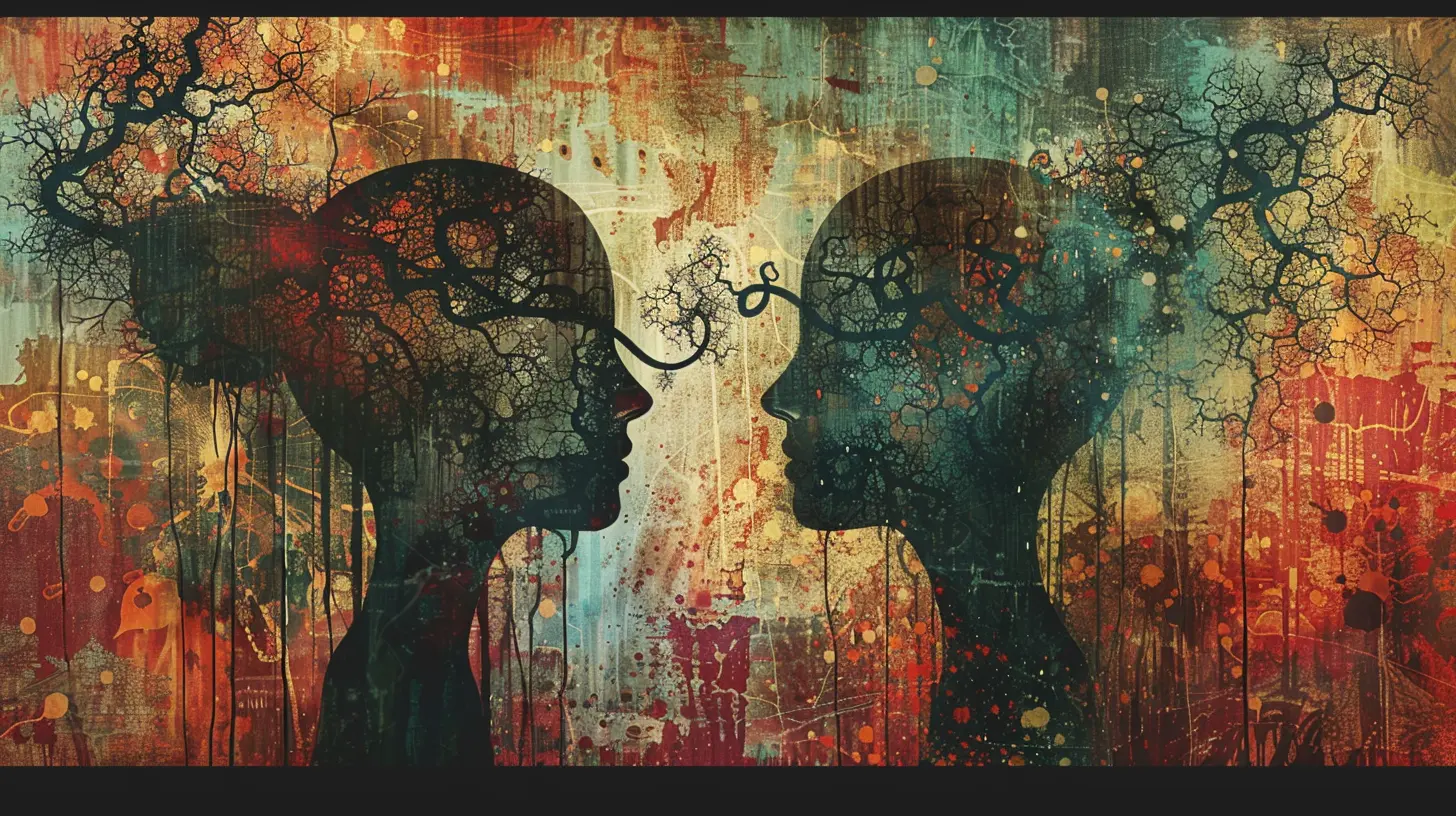
What Women Look for in a Mate (Based on Evolution)
While men focus primarily on fertility cues, women historically had to be more selective. Why? Because they invested more time and energy into raising children, meaning they needed a mate who could provide protection and resources.1. Social Status and Resources
Women tend to be attracted to men with higher social status, financial stability, and resourcefulness. This preference stems from ancient times when a man's ability to provide food, shelter, and security significantly impacted the survival of a woman and her offspring.2. Physical Strength and Protection
Men with strong, athletic builds may have been more capable of protecting their families from dangers in the past. This could explain why height, muscularity, and dominant behavior are often rated as attractive traits.3. Intelligence and Ambition
While physical traits matter, personality plays an equally important role. Women have historically favored intelligent and ambitious men because these traits suggest an ability to navigate challenges and achieve success—key indicators of long-term stability.4. Emotional Stability and Kindness
Men who show emotional intelligence, kindness, and reliability make better long-term partners. These traits suggest that a man would be a committed father and a dependable companion.5. Signs of Genetic Fitness
Just as men look for genetic health in women, women also evaluate genetic strength in men. Strong facial symmetry, deep voices, and protective behavior are all indicators of healthy genes and good reproductive potential.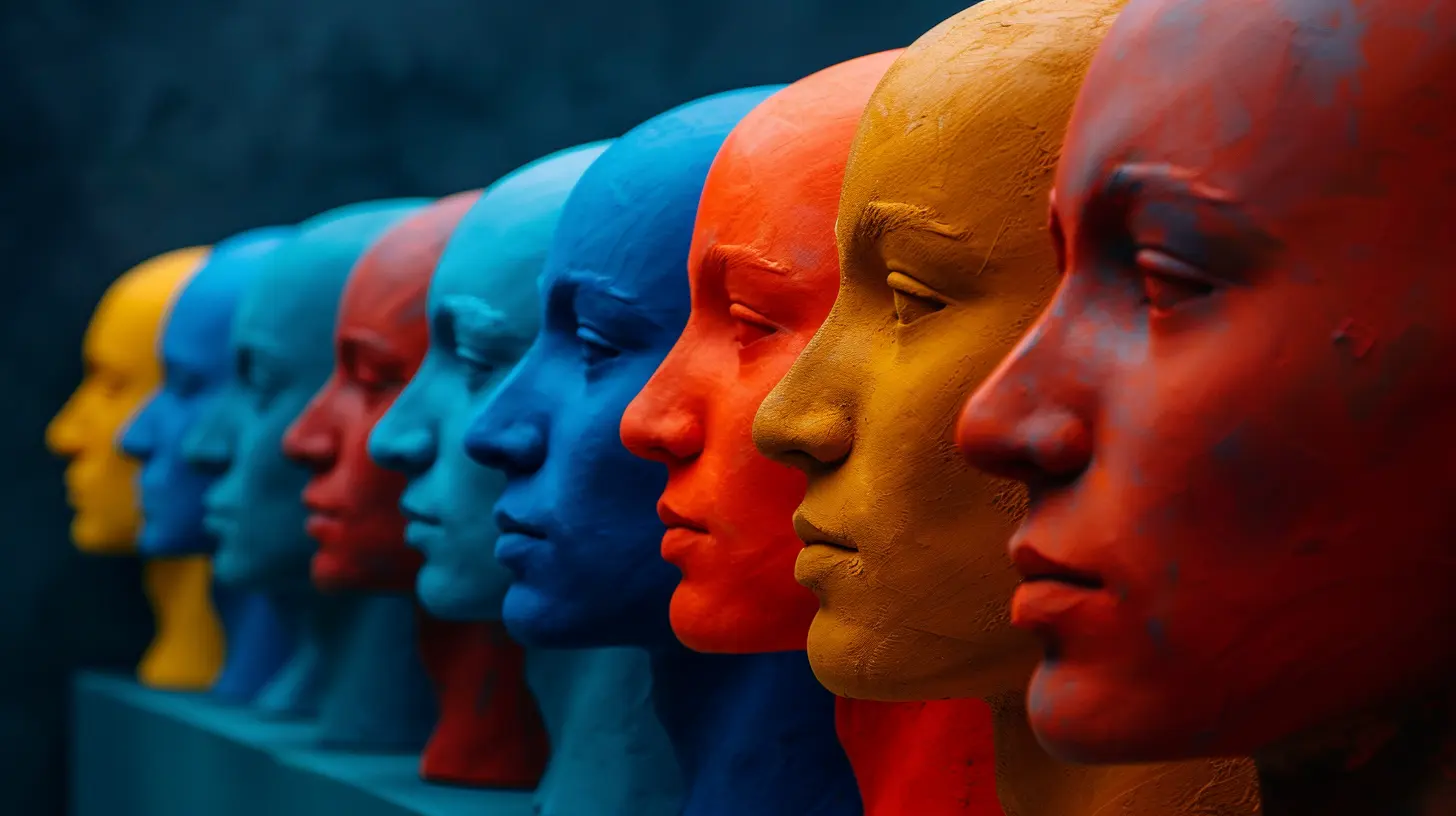
The Evolutionary Battle: Short-Term vs. Long-Term Mating Strategies
Interestingly, evolutionary psychology proposes that humans have different strategies for short-term and long-term mating.- Men may be more inclined toward short-term mating opportunities because it increases their reproductive chances with little investment. This is why casual relationships and physical attraction play a significant role in male mating behavior.
- Women, on the other hand, are generally more selective in short-term encounters, often seeking genetic advantages from partners they might not necessarily commit to. In long-term relationships, however, stability and loyalty become more critical.
This explains why some people behave differently in short-term flings versus long-term relationships—our brains are wired to assess relationships based on context and reproductive potential.
How Modern Society Has Changed Mate Selection
Although evolutionary preferences still shape our desires, modern society has introduced new variables that influence mate selection.- Financial independence: Women today are less reliant on men for financial stability, which has shifted mating preferences toward qualities like emotional compatibility and shared values rather than just wealth.
- Online dating and globalization: The dating pool has expanded dramatically, allowing people to connect based on interests, personality, and emotional compatibility rather than just physical proximity.
- Birth control and changing social norms: With fewer societal pressures to marry young and have many children, modern relationships prioritize love and mutual connection over sheer reproductive fitness.
Despite these changes, the fundamental principles of attraction, compatibility, and mate selection are still largely shaped by our evolutionary past.
Final Thoughts: Is Love Just Biology?
So, is love just a biological survival mechanism? Yes and no. While evolutionary theory explains many of our innate preferences, it doesn't account for personal experiences, social influences, and cultural factors that also shape who we choose as partners.Attraction isn’t just about genetic fitness or reproductive value—it’s also about emotional connection, shared experiences, and evolving personal preferences. While biology plays a significant role, love remains a deeply complex and profoundly human experience.
Next time you feel drawn to someone, remember: it isn’t just fate at work—it’s millions of years of evolution quietly guiding your choices.
all images in this post were generated using AI tools
Category:
Psychological TheoriesAuthor:

Nina Reilly
Discussion
rate this article
2 comments
Colton Monroe
Ah yes, because nothing says "true love" like a deep-seated urge to procreate and pass on those fabulous genes! Forget about shared interests or emotional connection—let's just focus on who has the shiniest feathers in the evolutionary dating game!
December 1, 2025 at 5:09 AM

Nina Reilly
While evolutionary drives play a role, true love often blends biology with emotional bonds and shared values, making mate selection a complex interplay of factors.
Esme Abbott
This article brings fascinating insights into how evolutionary theory shapes our mate choices! It's intriguing to consider how biology intertwines with psychology in this aspect of human behavior. I’m curious to learn more about the implications for modern relationships.
June 30, 2025 at 2:24 PM

Nina Reilly
Thank you for your thoughtful comment! I'm glad you found the insights engaging. Exploring the intersection of biology and psychology offers valuable perspectives on modern relationships. I appreciate your curiosity and hope to share more on this topic soon!
